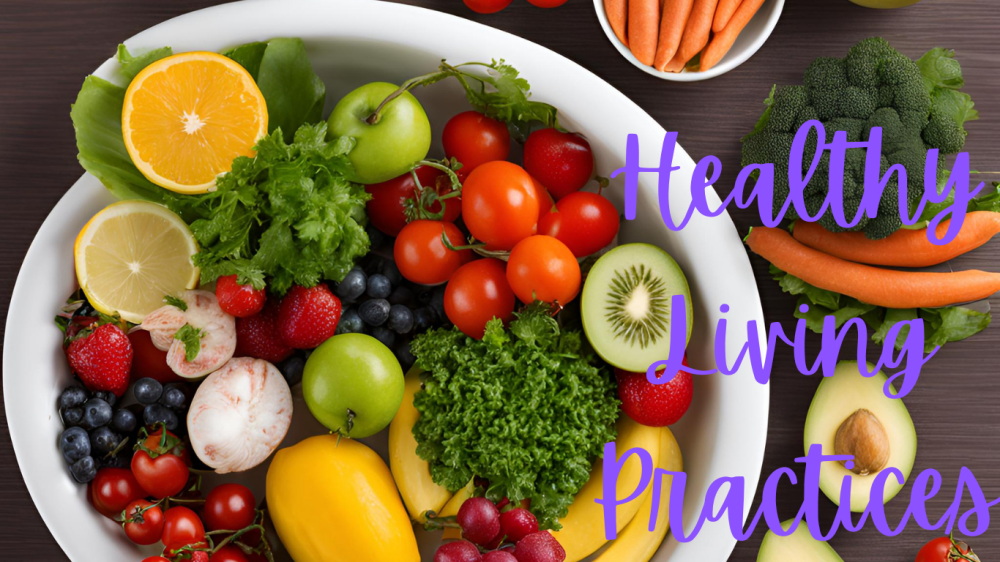
Eating well is the cornerstone of living a healthy life. A balanced diet packed with the right nutrients can drastically improve your overall well-being. Here are some key aspects of nutrition you should know about.
First off, let’s talk balanced diet. A diet with a variety of foods from all food groups ensures you’re getting the essential nutrients your body needs. Fruits, vegetables, whole grains, lean proteins, and dairy or dairy alternatives should fill your plate every day.
On the topic of essential nutrients, vitamins and minerals are your body’s best friends. Vitamin C, for instance, found in citrus fruits, boosts your immune system, while calcium in dairy strengthens bones. Incorporate a colorful array of foods to cover your nutritional bases without needing supplements.
Processed foods often come up short on nutrition. Whole foods like fresh produce, nuts, and seeds give you nutrients straight from nature without unnecessary additives. Processed foods might be convenient, but they’re often high in sugars, trans fats, and sodium – the stuff you want to avoid.
Staying hydrated isn’t just about quenching thirst. Water plays a vital role in digestion, nutrient transportation, and temperature regulation. Aim to drink at least eight glasses of water a day, more if you’re active or it’s hot out.
Lastly, mindful eating can change how you experience food. Slow down, savor each bite, and pay attention to your hunger and fullness cues. This can prevent overeating and help you enjoy your meals more. Plus, you might find that you’re actually more satisfied with less food.
Incorporating Physical Activity into Daily Routine
Staying active is crucial for maintaining health and well-being. Regular exercise has countless benefits, from boosting mood to improving cardiovascular health.
One major advantage of regular exercise is how it aids in weight management. Burning calories through activities like walking, running, or cycling helps you maintain a healthy weight. Plus, it builds muscle, which in turn burns more calories, even at rest.
There are different types of physical activities to consider: aerobic activities like jogging or swimming improve heart health, strength training like lifting weights builds muscle, and flexibility exercises such as yoga enhance mobility. Mixing these up keeps your routine interesting and benefits your body in various ways.
Creating a sustainable workout plan is key to sticking with it. Start small with realistic goals, gradually increasing intensity as you build endurance. Consistency is more important than intensity at the start.
Physical activity doesn’t just benefit the body; it also bolsters mental health. Exercise can reduce symptoms of anxiety and depression, thanks to endorphins – the body’s natural mood lifters.
Staying motivated can be tough, but there are ways to keep going even when it gets hard. Find activities you enjoy and switch things up to prevent boredom. Buddy up with a friend, track your progress, and celebrate your milestones – no matter how small.


Recent Comments